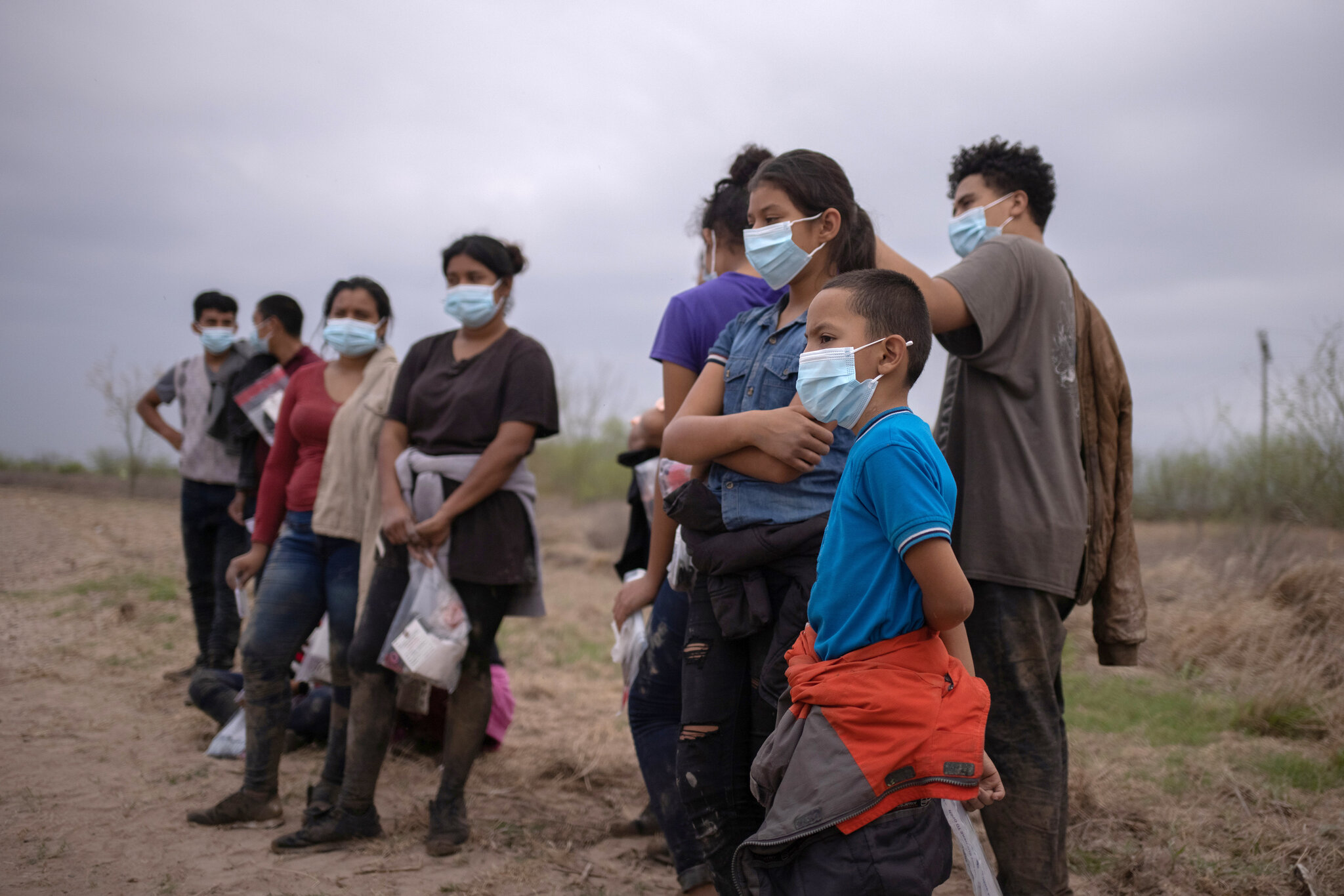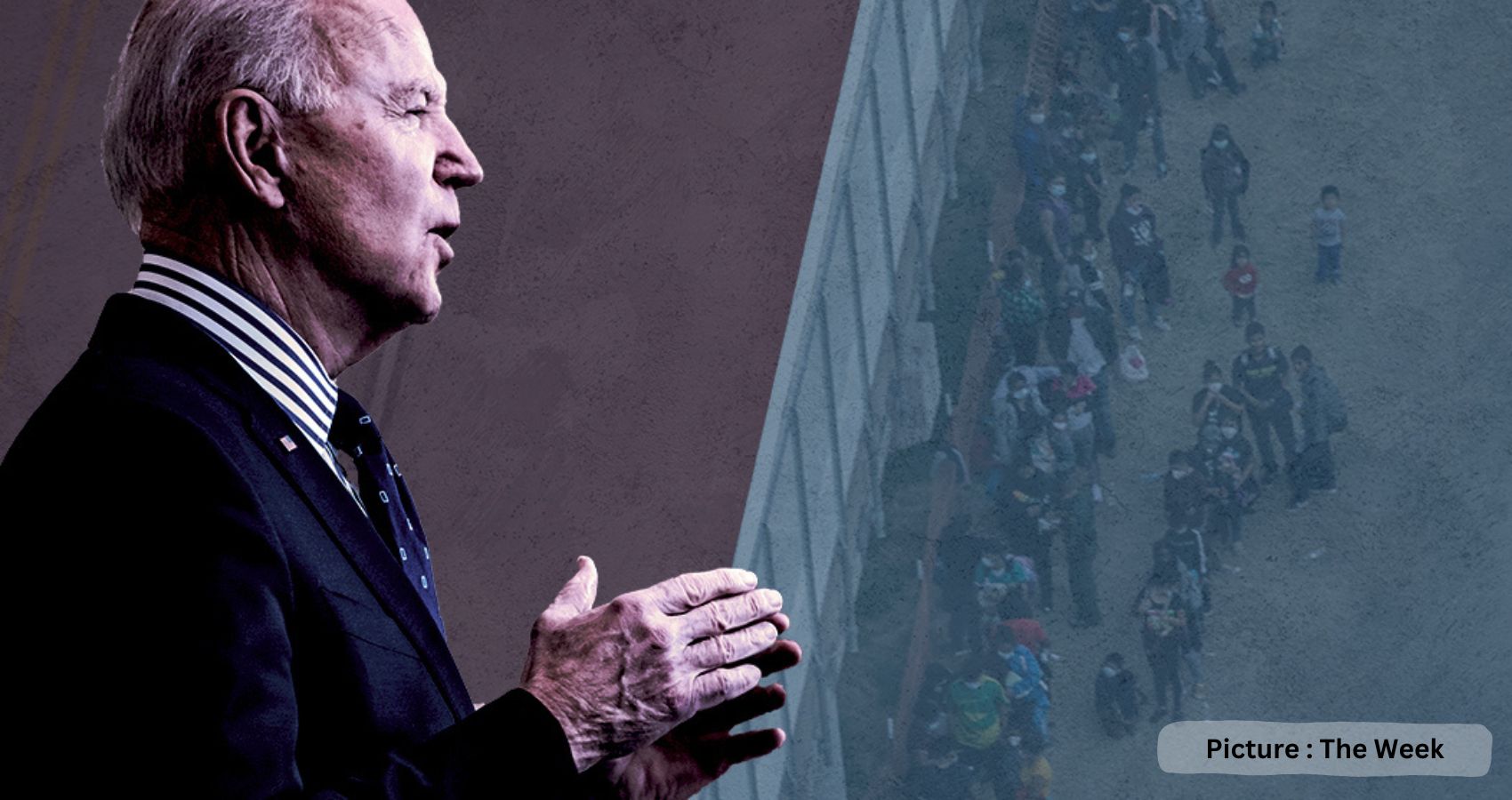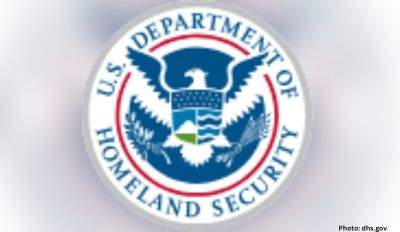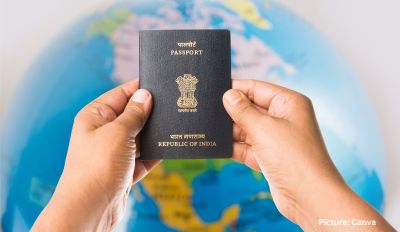Newswise — Yesterday, the Biden administration announced its most restrictive border control method to date, saying that it will temporarily penalize asylum seekers who cross the border illegally or fail to seek protection in other nations they transit on their way to the United States.
Stephen Yale-Loehr, professor of immigration law at Cornell Law School and co-author of a leading 21-volume immigration law series, says that the rule faces serious legal challenges. If you’d like to connect with Professor Yale-Loehr about this development, Yale-Loehr says:

“Among other things, the proposed rule would generally deny asylum to migrants if they have not first sought protection in another country they passed through before reaching the U.S.-Mexico border. Exceptions would exist for people with an acute medical emergency, imminent and extreme threat of violent crimes such as murder, rape or kidnapping, victims of human trafficking, and people in other extremely compelling circumstances. Children traveling alone would also be exempted.
“The proposed rule is similar to a Trump-era rule known as the third country transit ban. A federal court prevented that rule from ever taking effect.
“Immigrants’ rights advocates have said they will sue to stop the new proposed rule from taking effect. They have denounced the proposed rule as violating U.S. law that protects the right to apply for asylum.
“The Biden administration is between a rock and a hard place. Congress has failed to reform our broken immigration system, and more and more people are attempting to enter the United States for a variety of reasons, including persecution, gang violence, and climate change. The Biden administration hopes its proposed rule will survive a court challenge. I doubt it.”
Estelle McKee, clinical professor at Cornell Law School and co-director of the Asylum and Convention Against Torture Appellate Clinic, says that this proposed rule is the latest attempt by the federal government to externalize our borders. If you’d like to connect with Professor McKee about this development, McKee says:
“This proposed rule is intended to ‘discourage irregular migration’ by requiring people to either apply for asylum in countries they traveled through before seeking asylum in the United States, or by using a Customs and Border Patrol app that has already proven unable to handle the requests it has received. Neither of these options is feasible for asylum seekers.
“Many asylum seekers who come through the southern border are fleeing gang activity and domestic violence. There is little protection for victims of either kind of persecution in Mexico, Guatemala, or other countries the administration proposes as potential havens for asylum seekers. Take Mexico, for instance. Mexico’s top security official, Genaro García Luna, was just convicted of taking massive bribes from the Sinaloa cartel. He is just the latest example of the widespread collusion between public officials in Mexico and drug cartels. Asylum seekers fleeing those very cartels cannot find protection in Mexico.
“The asylum infrastructures in Mexico, Guatemala, and other central and south American countries are woefully inadequate and entirely unable to handle the influx of people fleeing India/Mediaviolence and persecution from other countries. If the Biden administration is having trouble handling the numbers of people seeking entry into the United States to escape such violence, the answer is not to delegate to other countries our legal duty to process asylum claims. It is to allocate greater resources to our own institutions—expand the corps of asylum officers; create more immigration courts; expand the Board of Immigration Appeals, for example—so they are able to handle any influx of asylum seekers.”











